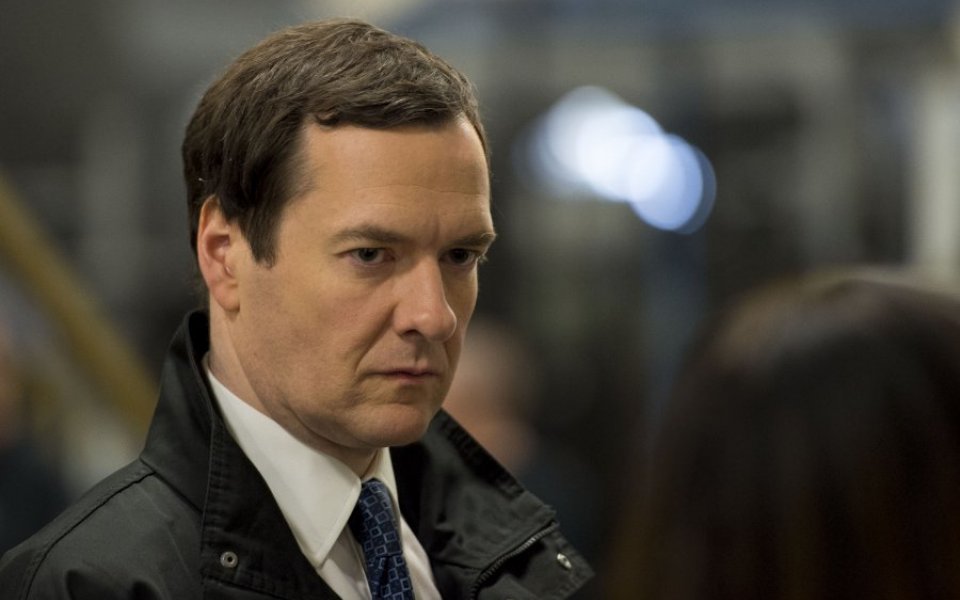Weak FTSE index should give Osborne sleepless nights

How many people, back in January, were predicting that the FTSE 100 index would start with a “5” come December?
Certainly not the experts at one leading bank (we’ll grant anonymity… for now) who forecast a reading close to 8,000, or its more restrained peers who thought the blue-chip index would be in the low-to-mid 7,000s by the end of 2015. While a Santa rally may offer some relief, the FTSE was at 5,952.78 before opening this morning.
The struggles of London’s top shares have mirrored a year of shocks, most notably with metals, oil, and in China. The degree of global uncertainty felt in financial markets – and in the business world more broadly – remains palpable. Accountancy firm BDO says today that its “optimism index”, which predicts growth six months ahead, has fallen to its lowest level in over a year.
BDO’s report, a weighted average of Britain’s main business surveys, discovered “expectations of a continuing slowdown in the rate of economic growth this spring as global economic problems start to affect UK demand”. The wobbles are “prompting fears that businesses may be reluctant to invest,” it says.
Such gloom may prove unfounded, of course. Respectable levels of growth can be seen in the UK and some other parts of Europe, while the US economy is deemed strong enough for the Federal Reserve to finally begin its normalisation of interest rates.
Yet the feverish anticipation surrounding the Fed’s decision – to be revealed on Wednesday – reflects the unusual and unpredictable economic environment in which we live. And while it may not have been directly prompted by the Fed’s impending verdict, the collapse in the price of US junk bonds – seen at the end of last week – was another sharp reminder of the jittery climate.
2015 has been a volatile year, and there is no guarantee that things will settle down in 2016 or beyond. This context should raise further questions about the government’s recent budget, which relies on optimistic predictions of steady growth and climbing tax revenues.
Volatility can provide fertile ground for City traders, but one would expect the government – with its enormous debt pile – to be somewhat less keen on risk-taking.